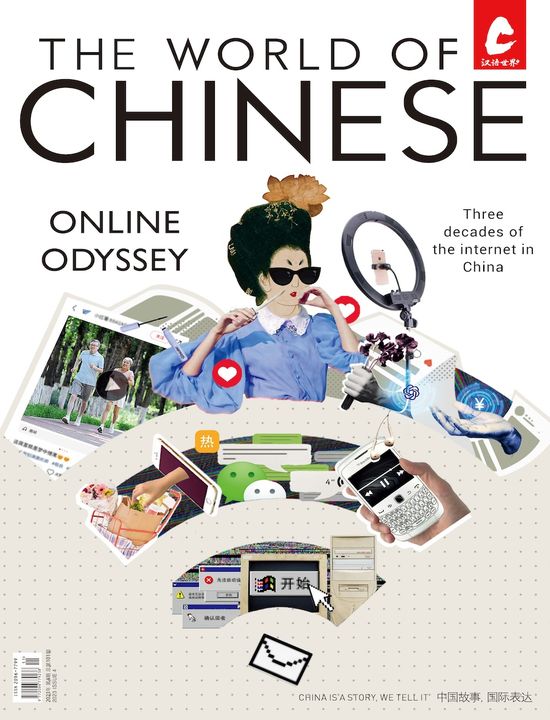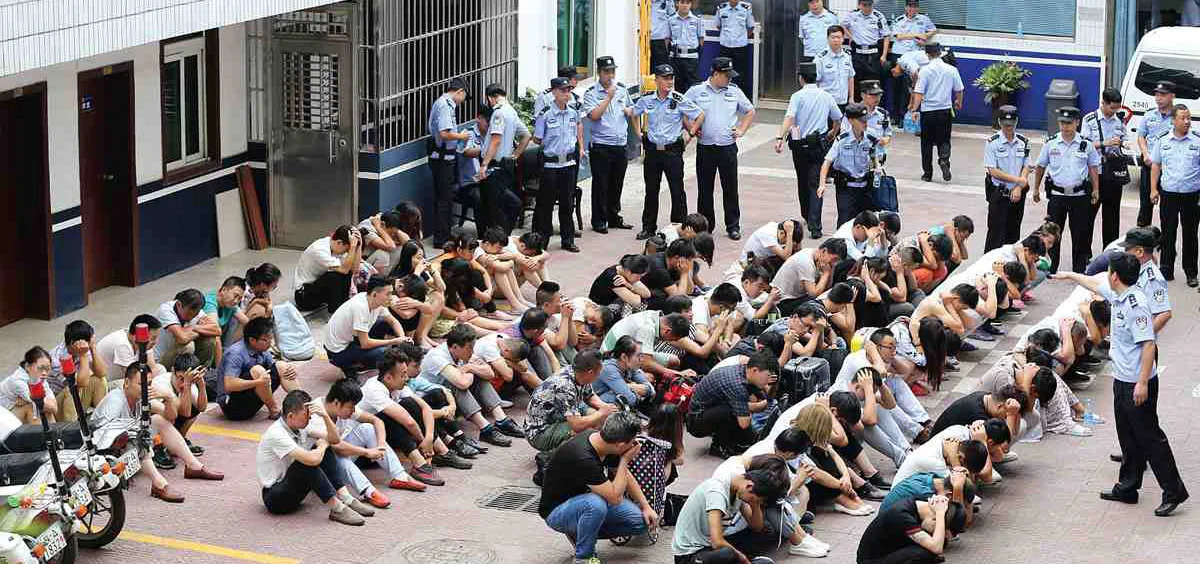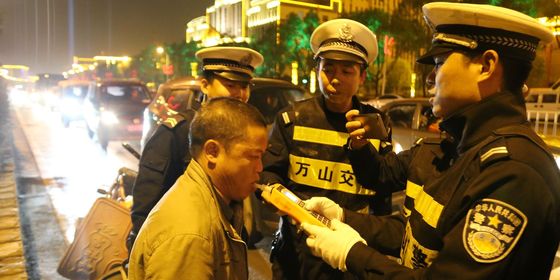Despite illegality and violence, pyramid schemes are still frustrating both victims and police
On June 11, eleven months after college graduate Li Wenxing was found dead in a river in Tianjin, the Jinghai District Procuratorate finally began prosecutions against the multi-level marketing (MLM) organization believed to have played a role in Li’s death.
The high-profile tragedy inspired widespread public outrage, particularly for the role played by Zhipin.com, the job-search platform on which the MLM advertised under a false name. Li’s family had previously sued Zhipin in part due to the difficulty bringing charges against the MLM, as police had determined there was “insufficient evidence” connecting them to Li’s “accidental drowning”—a decision that dissatisfied many in China, where pyramid schemes are more coercive than the norm and have a growing reputation for violence.
Already in 2011, police from Meizhou, Guangdong province—one of the top provinces for MLM activity—warned Southern Daily that Chinese MLMs had evolved from illegal sales operations or swindles into “full-blown organized crime” involving kidnapping, extortion, beating, and murder. Known by the authorities as “business cults” or chuanxiao (传销, multi-level sales), these pyramid organizations combine features of both a Ponzi scheme and a kidnapping ring.
Lured in by job ads or acquaintances’ invitation to “travel,” chuanxiao victims are often then stripped of their mobile phones and IDs, put under 24-hour surveillance, and forced to “invest” money and hustle for new donations or recruits among family and friends. The media classes chuanxiao into “southern” and “northern” schools, based on how they control their recruits—by brainwashing slogans and promised riches, or straight-up imprisonment and beating, respectively—but Zhang Debi, controversial opinion writer at Tencent’s Jinri Huati, has opined that these distinctions are simply euphemisms, unhelpful for dealing with a criminal activity that already benefits from fragmentary laws and spotty enforcement.
Zhang says that chuanxiao violence is difficult to prosecute due to police and judges’ confusion as to whether charge the perpetrators—often victims themselves—with kidnapping, the lesser crime of “illegal detention,” or even fraud. China criminalized chuanxiao in 2005, but permits over 90 commissions-based companies, including international giants like Amway and Avon, to operate as “direct-sales” (直销) companies, closely monitored for signs of hierarchy among sales agents—leaving chuanxiao to be defined as an illegal business model at the foremost.
In August 2017, shortly after the deaths of Li and two other separate but high-profile victims, the central government announced a three-month nationwide crackdown on chuanxiao. Another crackdown in April, targeting 11 cities, has already reportedly broken up thousands of chuanxiao organizations—but with so much money to be made, it’s going to take more than a knee-jerk response to get to the bottom of this pyramid.
Multi-level Misery is a story from our issue, “Modern Family.” To read the entire issue, become a subscriber and receive the full magazine. Alternatively, you can purchase the digital version from the App Store.













